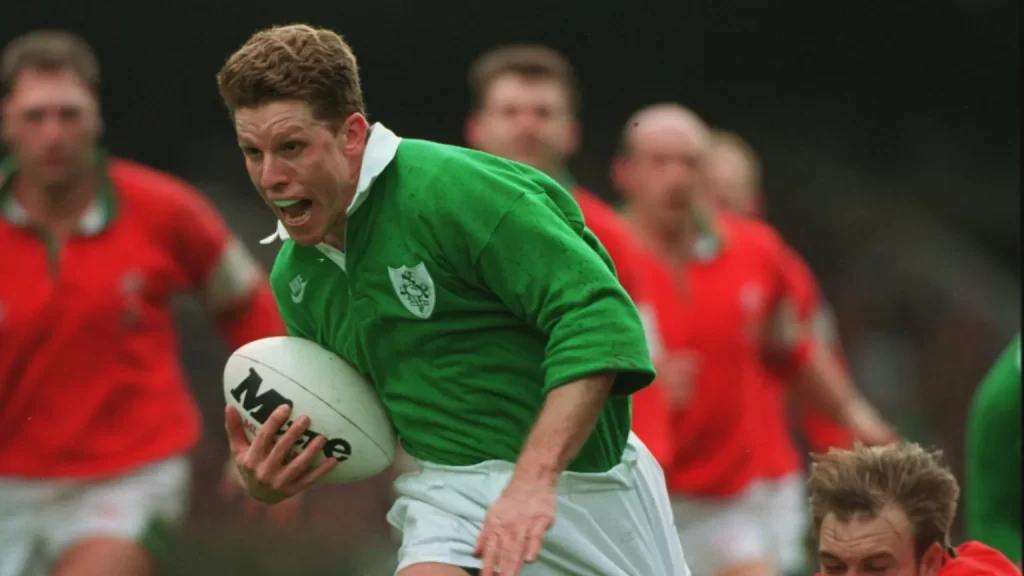Former Irish rugby international Brendan Mullin was sentenced to three years in prison Monday for stealing more than €570,000 ($622,000) from Bank of Ireland Private Bank during his tenure as chief executive officer.

Mullin, 61, of Stillorgan Road in Dublin’s affluent Donnybrook district, was convicted by a jury in early November on 12 of 14 charges related to theft and false accounting between 2011 and 2013. The court heard that the former banking executive now accepts the jury’s verdict.
The most significant theft involved a €500,000 transfer to Spice Holdings, a British Virgin Islands-registered company that Mullin had personally brought to the bank as a client. Prosecutors detailed how Mullin exploited communication gaps within different divisions of the banking group to facilitate the transfer.
Evidence presented during the trial showed Mullin arranged unauthorized payments to several prominent firms — McCann Fitzgerald solicitors, Beechwood accountants, and Grant Thornton — for services rendered to him personally or his company, Quantum Investment Strategies, rather than the bank.
In delivering the sentence, the judge emphasized Mullin’s breach of trust, stating he had occupied “a position of trust and a position of power” when committing the thefts. While no explicit motive was provided, the judge inferred Mullin was “somewhat desperate for funds and embarked on this endeavour to obtain money.”

The court weighed several factors before sentencing, noting that full restitution was made to Bank of Ireland Private Bank and significant delays occurred in bringing the case to trial. Mullin expressed remorse for his actions, though the judge deemed a custodial sentence necessary given the severity of the breach of trust.
The judge directed the jury to return a not guilty verdict on one count of deception, which had alleged Mullin induced two bank employees to sign a payment authorization letter.
The conviction marks a stunning fall from grace for Mullin, who earned 55 caps for Ireland in an illustrious rugby career before entering the banking sector. His role as CEO of Bank of Ireland Private Bank represented the pinnacle of his financial career before the fraudulent activities came to light.
The sentence reflects the serious nature of white-collar crime in Ireland’s banking sector, coming years after the country’s financial crisis prompted increased scrutiny of banking practices and executive conduct.



